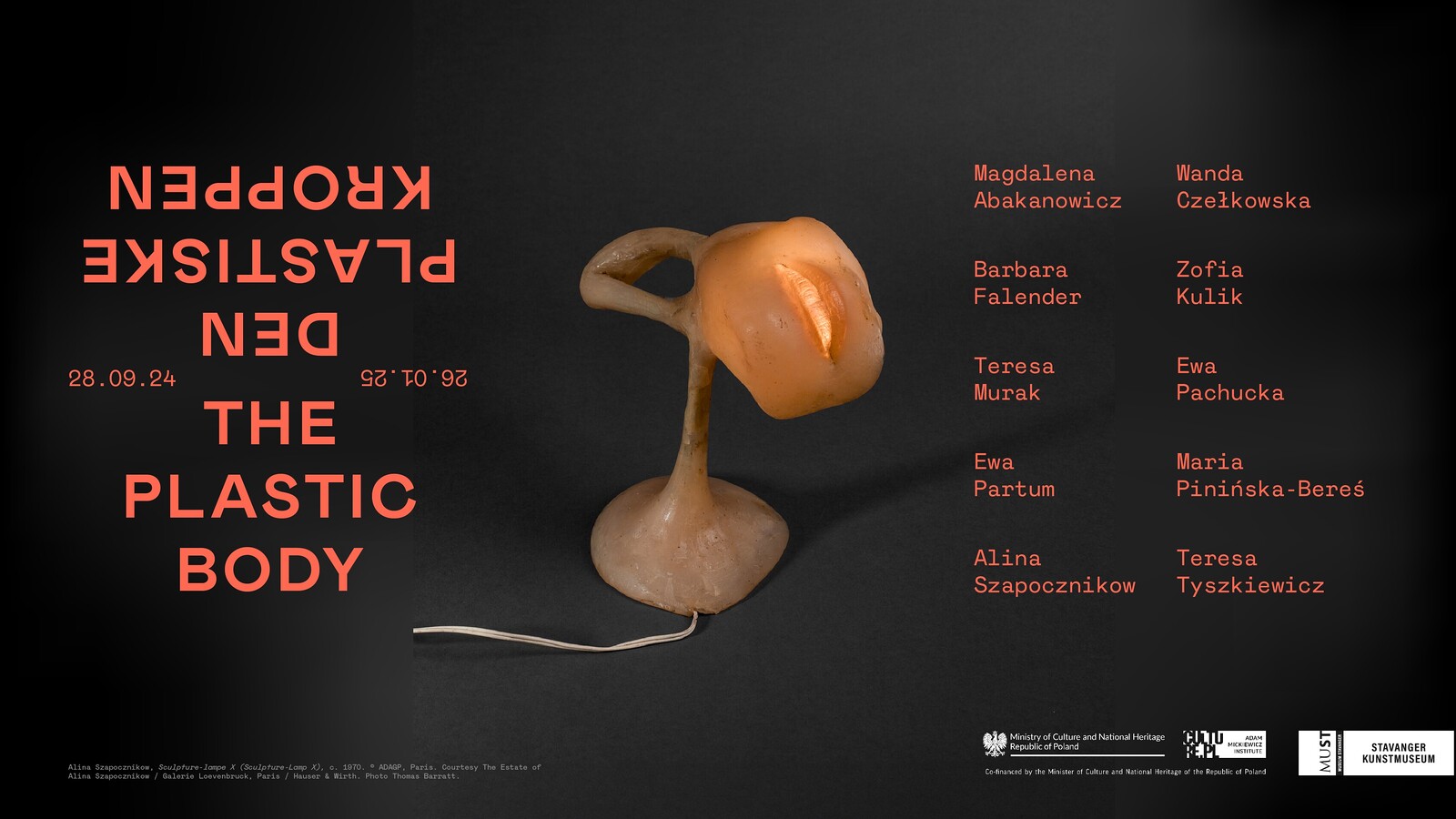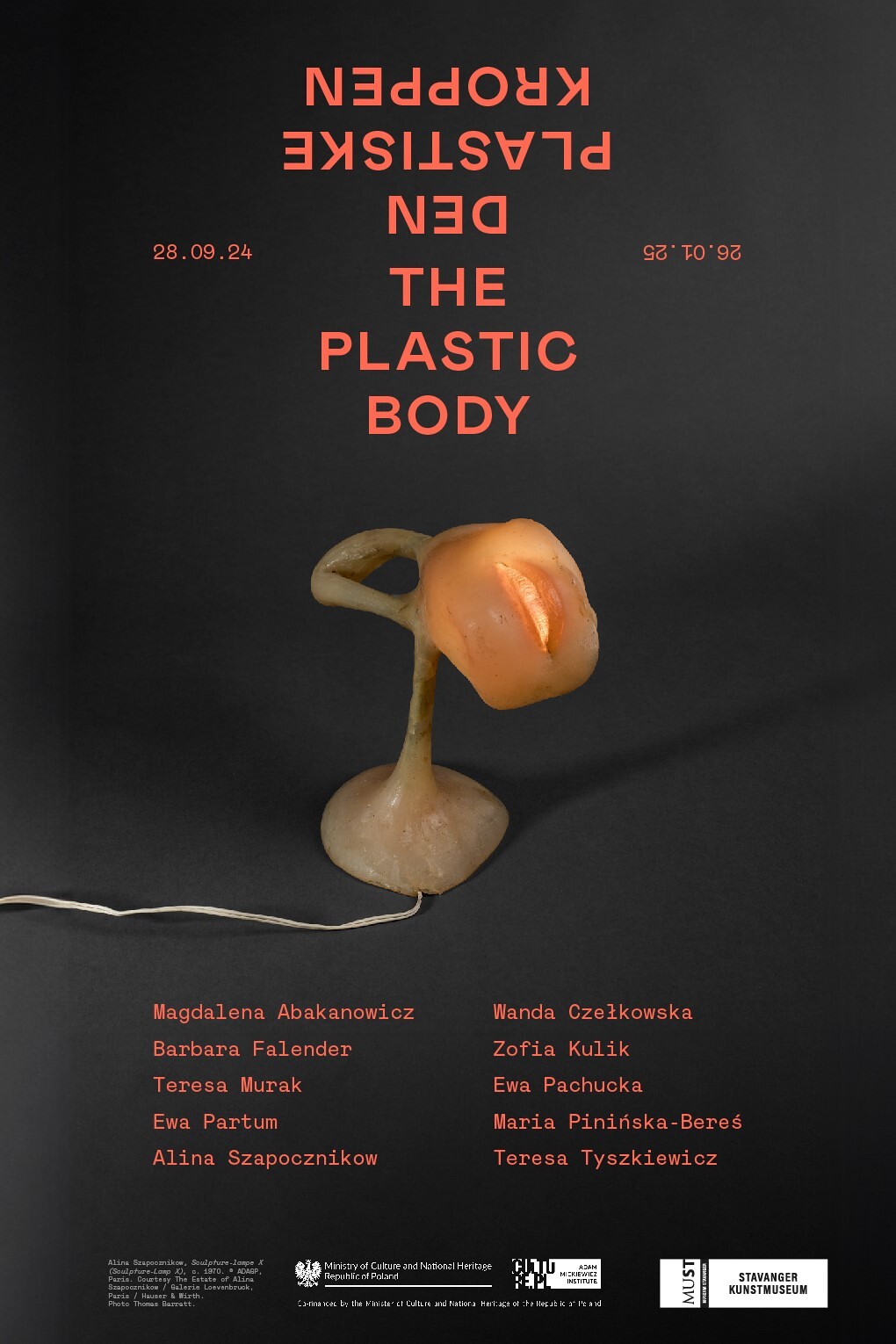Signs of Psyche. Psychoanalytical Perspectives on Art
International Symposium.
Kunsthaus Graz/Space 04
March 31-April 1, 2006
Curators:
Brigitte Verlic, Adam Budak
Symposium in the context of the exhibitions Two or Three or Something. Maria Lassnig, Liz Larner and Gods in Exile. Salvador Dalí, Albert Oehlen et al.
“I may say at once that I am no connoisseur in art, but simply a layman (…) Nevertheless, works of art do exercise a powerful effect on me, especially those of literature and sculpture, less often of painting confessed Sigmund Freud in The Moses of Michelangelo (1914) and he continued a few passages later but why should the artist’s intention not be capable of being communicated and comprehended in words, like any other fact of mental life? Perhaps where great works of art are concerned this would never be possible without the application of psychoanalysis”.
On the occasion of the 150th anniversary of Sigmund Freuds birth, Kunsthaus Graz is proud to present an international symposium which aims at investigating the connections between psychoanalysis and art, taking into consideration, amongst others, the current exhibitions Two or Three or Something. Maria Lassnig, Liz Larner and Gods in Exile. Salvador Dali, Albert Oehlen et al. as well as the spectacular architecture of Kunsthaus Graz.
Programme:
Friday, March 31st, 7pm
Welcoming Word Peter Pakesch (Kunsthaus Graz) Brigitte Verlic (Univ. Klinik für Medizinische Psychologie und Psychotherapie, Graz)
Keynote Speech Reimut Reiche, Psychoanalyst, Frankfurt/Main How Do Psychoanalysts Imagine What Happens When a Work of Art Comes In to Existence?
Psychoanalysis and art share something: They both create an imaginary space of language, of sounds, of forms, or meanings a space where the language, the sounds, the forms and the meanings are transformed from something into something different. For instance, in psychoanalysis a bodily symptom is transformed into biographical meaning and then ideally solved. In his presentation Reimut Reiche is going to explain some so-called psychic transformation rules with the help of which modern psychoanalysis is trying to conceive how this transformation of something into something different happens in the process of the creation of a work of art.
Saturday, April 1st
9am-11am Karl-Josef Pazzini, Reimut Reiche, August Ruhs
Workshop: Psychoanalytical Interpretation of Works of Art.
From the psychoanalytical perspective, approaching a work of art by interpreting it means laying bare latent attitudes of desire on the part of both the producer and the consumer. In a dialectics of exhibitionism and curiosity concerning this matter, processes of idealization and sublimation always come into operation that in our actual experience of the art object impress us in the form of eye deception and taming of the gaze. Their suspension and realization, which in the given context means making things visible that are initially invisible, can be promoted in an especially impressive way by means of free association of thoughts within a group of spectators in the frame of a psychoanalytical interpretation of works of art.
11:15am Jan Tabor, Architectural theoretician, University of Applied Arts, Vienna Samy Teicher, Psychonalayst, Vienna The Architecture of Kunsthaus Graz and the Awakening of Imagination. Psychoanalytical discourse.
Kunsthaus Graz ranks among those few contemporary buildings where the architects have managed to satisfy to a great extent the peoples desire for built emotion. Engaging in a dialogue, a psychoanalyst and an architecture theorist are trying to find out why this is the case. What is behind the form, the exterior appearance, the interiors, the details, etc.?
12am Renata Salecl, Philosopher and Sociologist, Department of Law at the Institute of Criminology, Ljubljana, Slovenia Be Yourself! Art and Subjectivity in Late Capitalism.
We live in the world that seems to have less social prohibition in regard to how one is supposed to achieve happiness, where we are supposed to be some kind of self-creators. In this highly individualized society people however face an important anxiety provoking dilemma: “Who am I for myself?” If on the one hand we live under assumption that everything in life can be a matter of choice on the other hand, the very choice itself seems to be anxiety provoking. French philosopher Michel Foucault has already in the 1980s propagated the idea that one should make one’s life into a work of art. How does today’s art world react to this new push to individualism? And how do contemporary visual arts react to the new anxieties that are related to it? The lecture will rely on Freudian and Lacanian analysis in trying to answer these dilemmas.
12:45pm
Discussion moderated by August Ruhs, Psychoanalyst, Wiener Universitätsklinik für Tiefenpsychologie und Psychotherapie, Vienna
3pm Penny Florence, Art Historian, The Slade School of Fine Arts, London, UK Colour, Sex and the Grey Mirror. Differencing the Egos Era
Moving around and within Liz Larner’s recent work, this lecture outlines an energetic and variegated reading of Subjectivity and knowledge, to demonstrate why Larner is among the most significant artists at work today. The ‘grey mirror’ of the ego’s simultaneous need for reflection and introjection obscures the structural quality of colour, whether ‘colour’ is understood through race, sex, reason or aesthetics. Finally, Penny Florence speculates on the mobility of Larner’s uvre as countering this entropic tendency, exemplifying the universal as a position through which the Subject may glimpse understandings beyond the commoditised and fixed knowledge of contemporary economies of thought and exchange.
3:45pm Dawn Ades, Director of the Centre for Studies of Surrealism and its Legacies, Essex University, UK Dalis Tragic Myth of Perpignan Station
In 1963 Salvador Dalí published a lost text, The Tragic Myth of Millets Angelus that he had written in the early 1930s at the time of his obsession with Millet’s pious painting. The Tragic Myth of Millets Angelus was a paranoiac-critical study of this obsession based on Freudian case histories and informed by his recent contacts with Jacques Lacan. Its rediscovery prompted him to produce two major paintings on the Angelus theme: Perpignan Station and Portrait of my Dead Brother.
4:30pm
Discussion moderated by August Ruhs
5:15pm Robert Pfaller, Philosoph, Kunstuniversität Linz and Technische Universität, Vienna The Literalness of Passions. About the Fascination of Art and the Comedy of Psychoanalysis
For the most part, psychoanalysis develops its best theory of art where it doesnt talk about art at all: While investigating dreams, compulsive acts, Freudian slips or jokes it treats its subject-matter like a sacred text where every detail is irreplaceable, necessary and meaningful. Art, that at the present moment is confronting its own fascination with remarkably great suspicion, can benefit from this kind of psychoanalysis. Freuds discovery shows that there are cultural events that depend on the signifier, and, that allegedly enlightened reason, which prefers to draw on nameable meanings, turns into unreasonableness exactly through this: by anxiously avoiding studying those disquieting and glamorous facts.
6pm Karl-Josef Pazzini, Psychoanalyst, Hamburg University Painting, Something in Which the View Is Sacrificed (Lacan). On the Fear of Handing Over Weapons
Lacan says about the painter that he gives image that shall be something for the eye to feed on, that he invites the person to whom the picture is presented to lay down his gaze there like one lays down ones weapons. Yet there are people who cannot lay down the gaze weapon, i.e. they say they cant do anything with this or that painting / work of art. What are the reasons for this? What does it actually mean to conceive the gaze like a weapon?
7pm
Closing Discussion moderated by Elisabeth Schlebrügge and August Ruhs
Information Kunsthaus Graz:
T: 43 (0)316/8017 9201
E-Mail: intendanz@museum-joanneum.at
Information Univ. Klinik für Medizinische Psychologie:
T: 43 (0)316/380 5760
E-Mail: propaed@uni-graz.at
Fees:
Please contact propaed@uni-graz.at / intendanz@museum-joanneum.at for fees.
Limited number of participants for the workshop on Saturday morning.
Advance registration by E-Mail propaed@uni-graz.at required.
Organisers:
Kunsthaus Graz
Univ. Klinik für Medizinische Psychologie und Psychotherapie
Österreichische Gesellschaft für Medizinische Psychologie, Psychotherapie und Psychosomatik
Wiener Psychoanalytische Vereinigung


